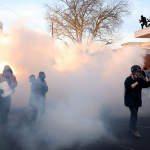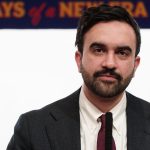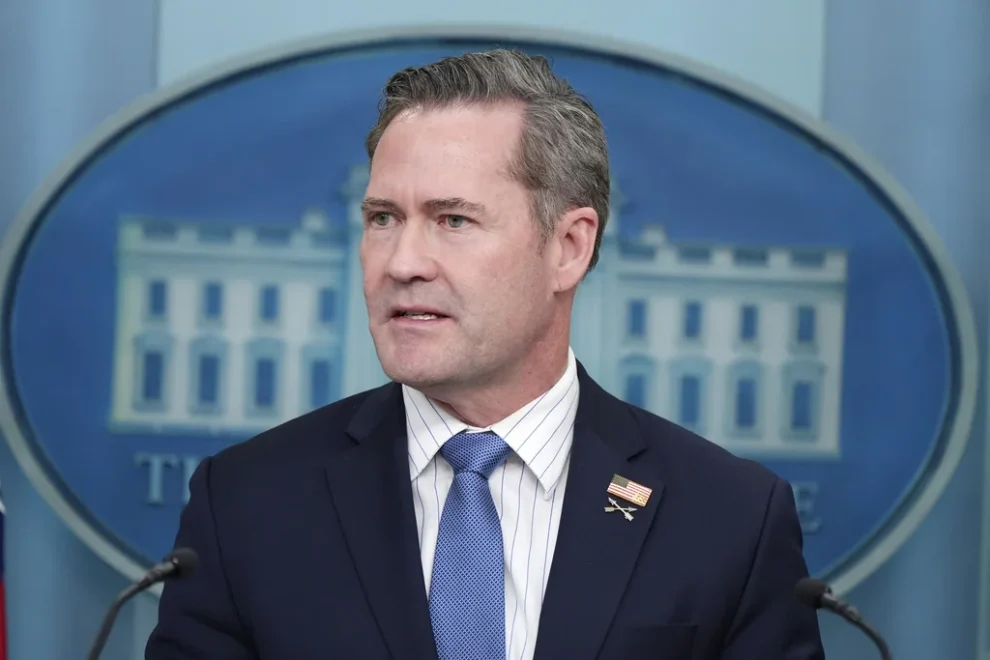Israeli officials are concerned that the White House seems to be pivoting away from hawkish attitudes in the Middle East with its widespread layoffs.
Key advocates for Israel and hawks against Iran within the National Security Council and President Donald Trump’s diplomatic team have been among many staff members let go in recent weeks.
Israeli leadership reportedly fears it might be a conscious decision to bolster an “America First” agenda contrary to their interests.
The alleged trend began with National Security Council Director Mike Waltz, who was swept out of his position when Trump gave him a “promotion” to U.S. ambassador to the United Nations.
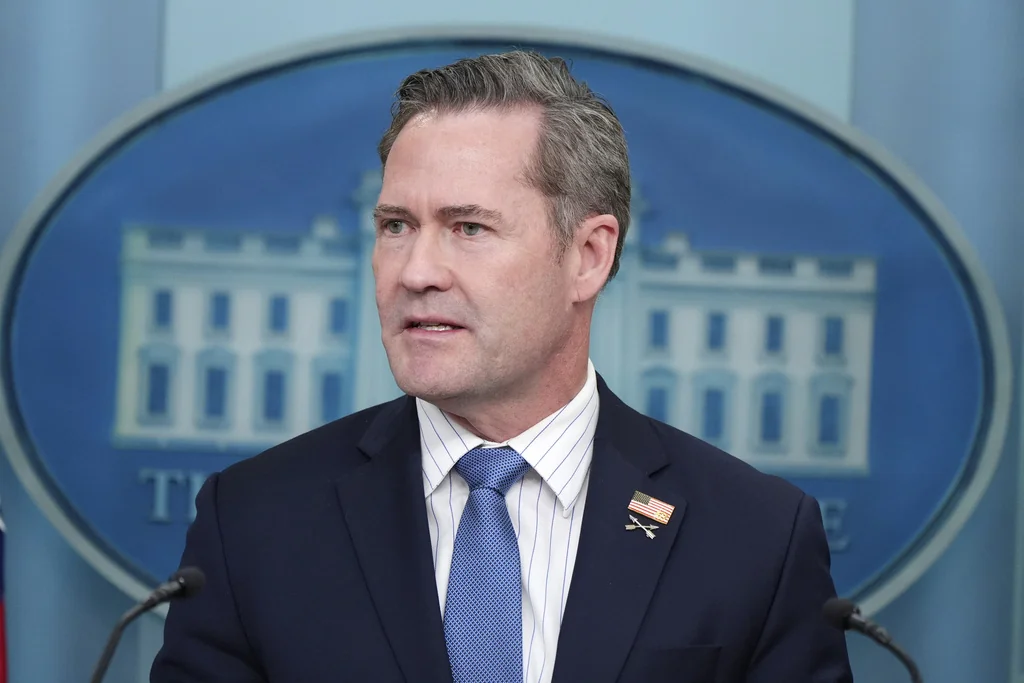
At least part of his reassignment was reportedly due to backdoor conversations with Israeli Prime Minister Benjamin Netanyahu and public alignment with the foreign leader on the belief that strikes against Iranian nuclear facilities were necessary, sources told the Washington Post.
Perhaps more prominent was his unwitting role in leaking a Signal group chat used to coordinate a military strike on Houthis in Yemen.
Secretary of State Marco Rubio, one of Trump’s most trusted allies, assumed the role of National Security Council director while still heading the Department of State.
Since then, there have been numerous other departures documented mostly in Israel-focused outlets.
Israeli news site Ynet reported on Monday that Israeli officials were concerned with the removal of Eric Trager, NSC senior director for the Middle East and North Africa, and Merav Ceren, a U.S.-Israeli dual citizen recently put in charge of the Iran and Israel portfolios.
Morgan Ortagus, a deputy under Trump’s Middle East special envoy Steve Witkoff, was also relieved of her portfolio and is expected to depart from her office, according to Jewish Insider.
The changes have been far less public than Waltz’s shift to U.N. ambassador, and where each member of the administration will end up — placed elsewhere or removed entirely — remains to be seen.
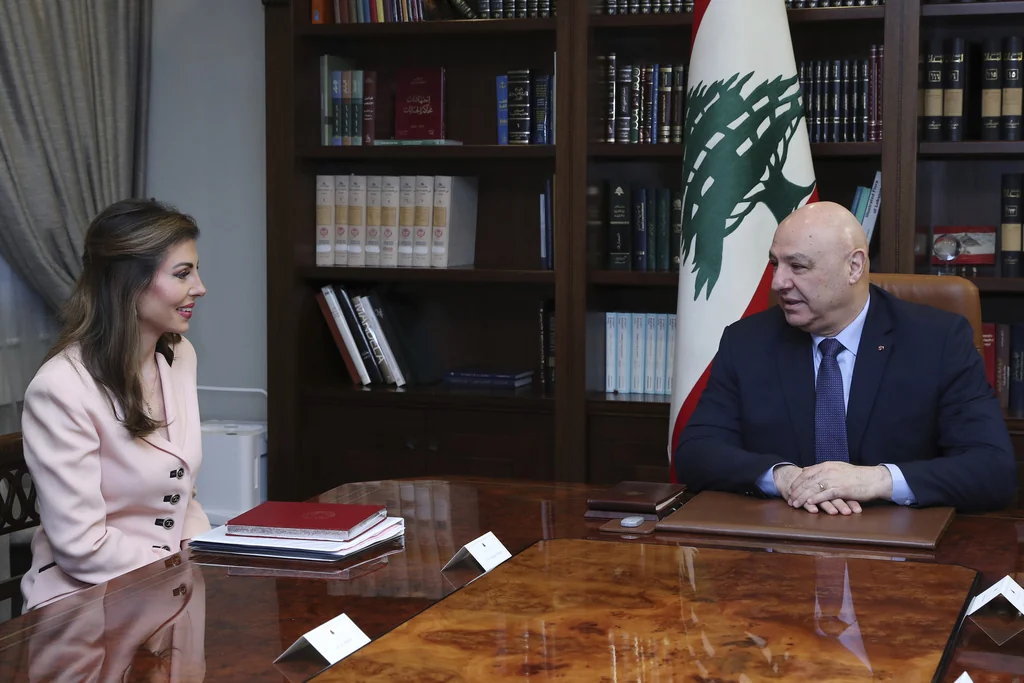
Victoria Coates, who served as deputy national security adviser in Trump’s first term and is now vice president at the Heritage Foundation’s Davis Institute for National Security and Foreign Policy, told the Washington Examiner that the change-ups are likely more about the president’s desire to consolidate his team than shifting positions.
“He needs staff he has confidence in,” Coates told the Washington Examiner. “The president rightly had a lot of issues with the NSC from the first term — primarily from either the Ukraine conversation, impeachment proceedings, and a lot of NSC staff testifying against him in Congress.”
Various members of the NSC proved to be recurring pains for Trump in his first term, starting from the beginning with national security adviser Michael Flynn. Flynn was ousted less than a month into the administration after it came to light he discussed lifting sanctions on Russia with the Eastern European nation’s ambassador to the U.S., then lied to the FBI about the conversation.
The council proved to be a breeding ground for leaks coming from the previous administration’s holdovers, as well as personnel who were enthusiastic about sharing concerns regarding the president in congressional hearings.
Coates pointed to key leaders within the administration known for their pro-Israel and anti-Iranian leanings as evidence that there is no particular desire to rout out either stance from his personnel.
“The fact that Secretary Rubio has an expanding — rather than a contracting — portfolio demonstrates that you have one of Israel’s staunchest supporters and one of the biggest hawks in the Republican Party taking on influence rather than losing it,” Coates said. “Secretary [of Defense Pete] Hegseth has also been quite strong on both Israel and on the Iranian nuclear file [and] he’s still in his seat.”
In her estimation, no particular ideological camp is gaining dominance. Rather, Trump could be stacking his ranks with a variety of viewpoints that he is confident are reliable to give a broader scope of the issues.
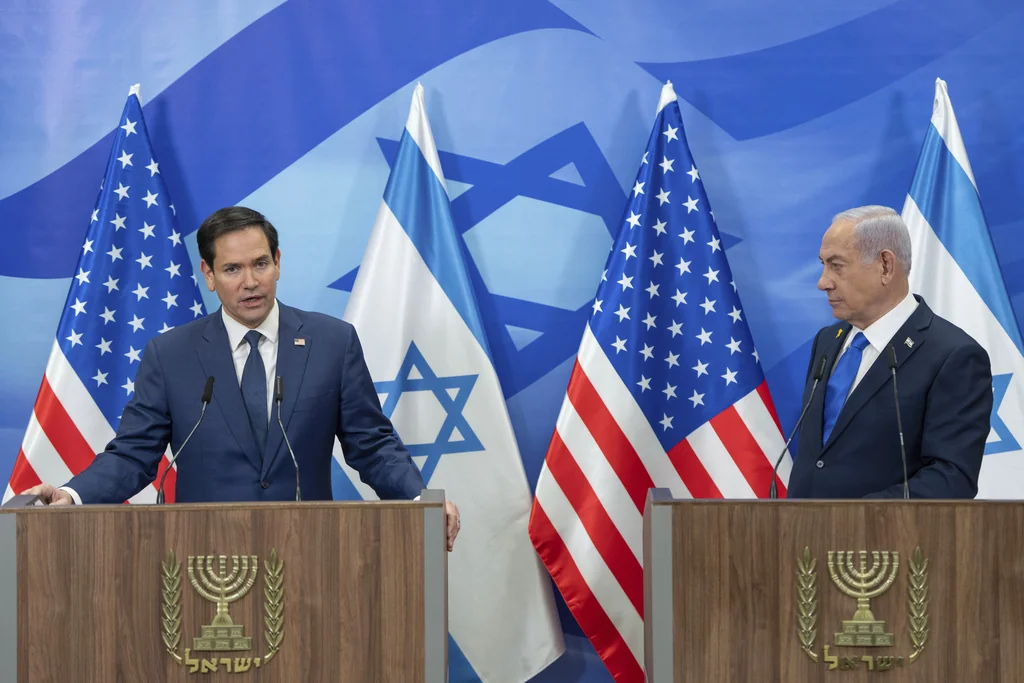
“If he’s going to have to make a decision on something as momentous as the Iranian nuclear program — and it’s his decision to make, he’s president, nobody voted for anybody else except vice president … I think he wants to hear from all of these voices and if he felt he needed a level set, maybe that’s what we’re seeing,” Coates said.
FRANCE FLOATS ‘CONCRETE STEPS’ TO PUNISH ISRAEL OVER GAZA
A sprawling series of layoffs are ongoing at the State Department, with approximately 2,000 jobs on the chopping block.
Critics have asserted the massive cuts at the NSC and State Department present a dangerous level of downsizing for the critical department. Rubio has called it “right-sizing.”

